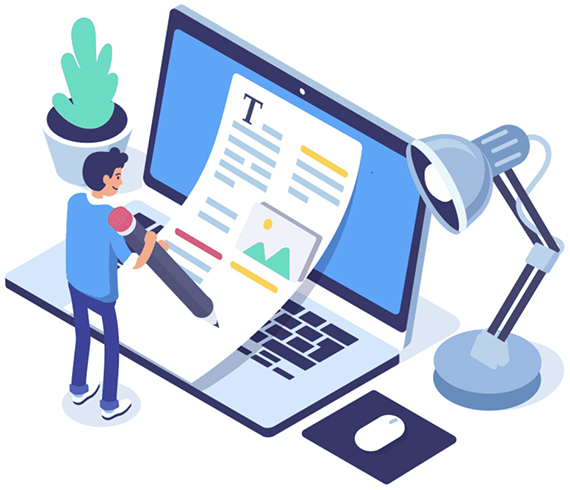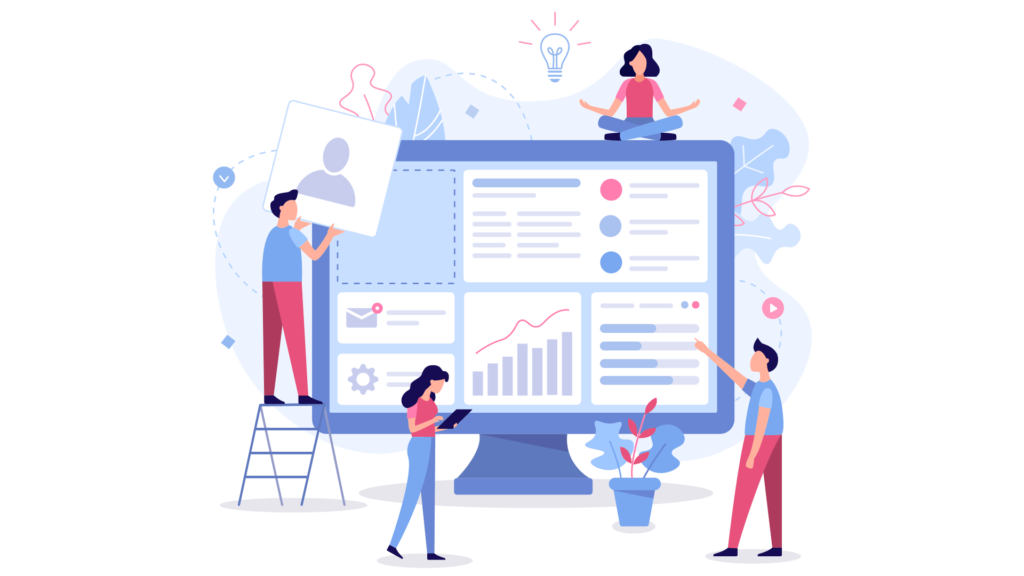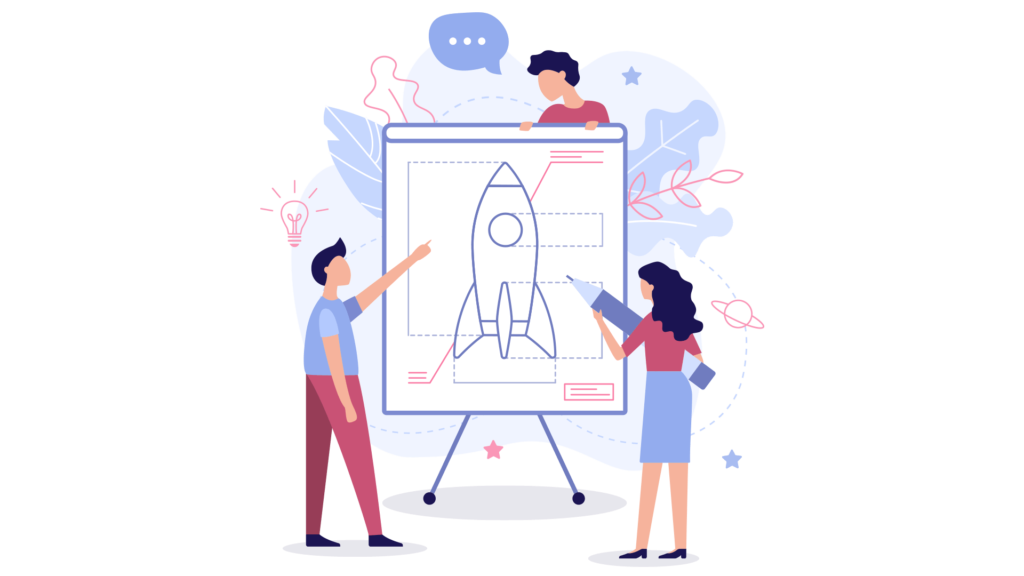Innovative Research Forum Global (IRF Global) can leverage digital technologies and data analysis to enhance its research capabilities, optimize its operations, and provide valuable insights in the field of social sciences and humanities. Here’s how IRF Global can benefit from these technologies:
Digital Technologies at IRF Global
Artificial Intelligence (AI) and Machine Learning (ML): These can be used to analyze large datasets, predict trends, and uncover insights from complex research data, especially in areas like public health, education, and social behavior.
Cloud Computing: This allows for the storage, management, and sharing of large research datasets across multiple teams, ensuring collaboration and scalability of research projects.
Mobile Applications: Mobile technology can enable researchers and field workers to collect and upload data in real time from remote locations, ensuring more accurate and timely data collection for field studies.
Data Visualization Tools: Using tools like Tableau or Power BI can help visualize complex research findings, making it easier to communicate results to stakeholders and decision-makers.

Data Analysis in Research

Descriptive Analytics: IRF Global can use data analysis to summarize research findings, identify key trends, and generate reports that highlight the status of various research projects.
Predictive Analytics: By analyzing historical data, predictive models can forecast future outcomes, such as the impact of a health intervention, social policies, or educational programs, allowing for better planning and resource allocation.
Qualitative Data Analysis: For in-depth studies, qualitative data analysis tools can be used to analyze interview transcripts, open-ended survey responses, and ethnographic data, revealing insights into human behavior and societal trends.
Geospatial Data Analysis: Integrating GIS (Geographic Information Systems) can help analyze location-based data, which is particularly useful for research related to geography, public health, and urban development.
Enhancing Research Outcomes
Collaboration: Digital tools enable seamless collaboration between researchers, stakeholders, and field workers, allowing real-time sharing of data and insights.
Efficiency: Digital technologies reduce the time and cost involved in data collection, storage, and analysis, enabling faster decision-making and more agile project execution.
Data Integrity: Digital technologies, especially blockchain, can ensure that data is securely stored and cannot be tampered with, preserving the integrity of research findings.

By integrating these technologies and data analysis methods, Innovative Research Forum Global can improve the scope, quality, and impact of its research projects, furthering its mission of conducting cutting-edge research in social sciences and humanities.
